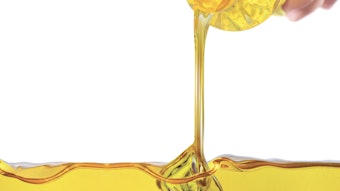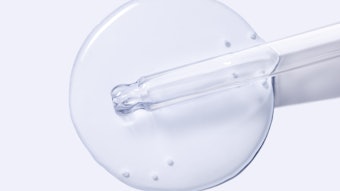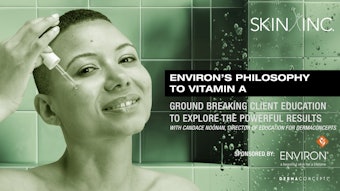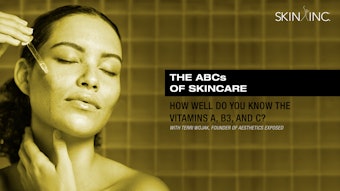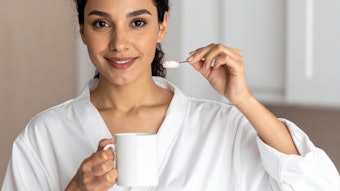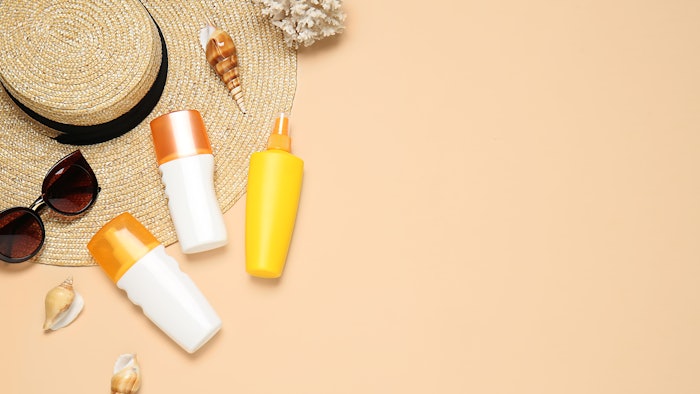
Finding the right sunscreen for your client's skin type can be challenging, but it is essential for long-term skin health. Sunscreen protects against UVA/UVB rays, prevents sunburn, slows down the signs of aging and most importantly, protects against skin cancer. Whether your client has oily, dry, acne-prone or sensitive skin, sunscreen is non-negotiable.
For acne-prone skin, it is important to recommend the right formulas and ingredients to avoid clogged pores, breakouts, irritation and scarring.
Acne Safe Sunscreen
Mineral sunscreen is generally a safe option for acne-prone skin types and conditions exacerbated by heat, such as melasma or rosacea. Mineral sunscreens create a physical barrier that reflects and scatters the sun's rays, preventing them from being absorbed into the skin. In contrast, chemical sunscreens are absorbed into the skin, potentially causing unwanted reactions and irritation.
When recommending sunscreen for acne-prone skin, look for oil-free and non-comedogenic formulas. Excess sebum production is common in acne-prone skin, leading to an oily appearance, clogged pores and breakouts. By choosing oil-free sunscreens, you can help control oiliness and avoid further pore blockage. Even if you have dry, acne-prone skin, an oil-free sunscreen is still a safe option. Here are the best sunscreen ingredients for acne-prone skin.
1. Zinc Oxide
This ingredient creates a physical barrier on the skin's surface, reflecting and scattering UV rays. They also have oil-absorbing properties, which can help mattify the skin's appearance and reduce shine. Additionally, zinc oxide and titanium dioxide have anti-inflammatory and antibacterial properties, which can be beneficial for acne-prone skin.
2. Titanium Dioxide
This ingredient also creates that physical barrier like zinc oxide. Also similar to zinc oxide, titanium dioxide helps to mattify the skin and provide anti-inflammatory and antibacterial benefits.
Related: Blasting TEN Sun Care Myths
3. Iron Oxides
Iron oxides can improve the shiny appearance of acne-prone skin by reflecting light. Tinted sunscreens with iron oxides can help minimize oiliness and provide a matte finish. They can also replace pore-clogging makeup products like foundation for a natural look.
4. Dimethicone
Dimethicone is a silicone-based ingredient often included in sunscreens for oily skin. It creates a smooth, matte finish, minimizing the appearance of oiliness and reducing shine. However, individuals with dry skin may find it can over-dry their skin by absorbing natural oils excessively.
5. Silica
Silica is an oil-absorbing ingredient that helps control excess oil and shine. It contributes to a more matte appearance and is beneficial for oily skin.
Healthy Skin Sun Care
As an aesthetic provider, it is important to guide your clients in understanding what works best for their skin. Sunscreen is not only essential for long-term skin health, but also provides additional benefits. By recommending the right sunscreen, you can help your clients protect their skin and maintain its overall well-being.
Rahi Sarbaziha, MD, is a Persian-American double board-certified Integrative Aesthetics Doctor based in Beverly Hills, CA. Internationally recognized for her unique holistic and integrative approach to Cosmetic Rejuvenation and Inner Health, Dr. Rahi caters to her patients’ specific needs to help them achieve long-lasting results. With A-list celebrity clientele and a waitlist for new patients, Dr. Rahi is carving out a new lane for wellness by taking a 360-degree approach that goes beyond medicine and cosmetic treatments. For more information visit doctorrahi.com or call 310-299-8738.





